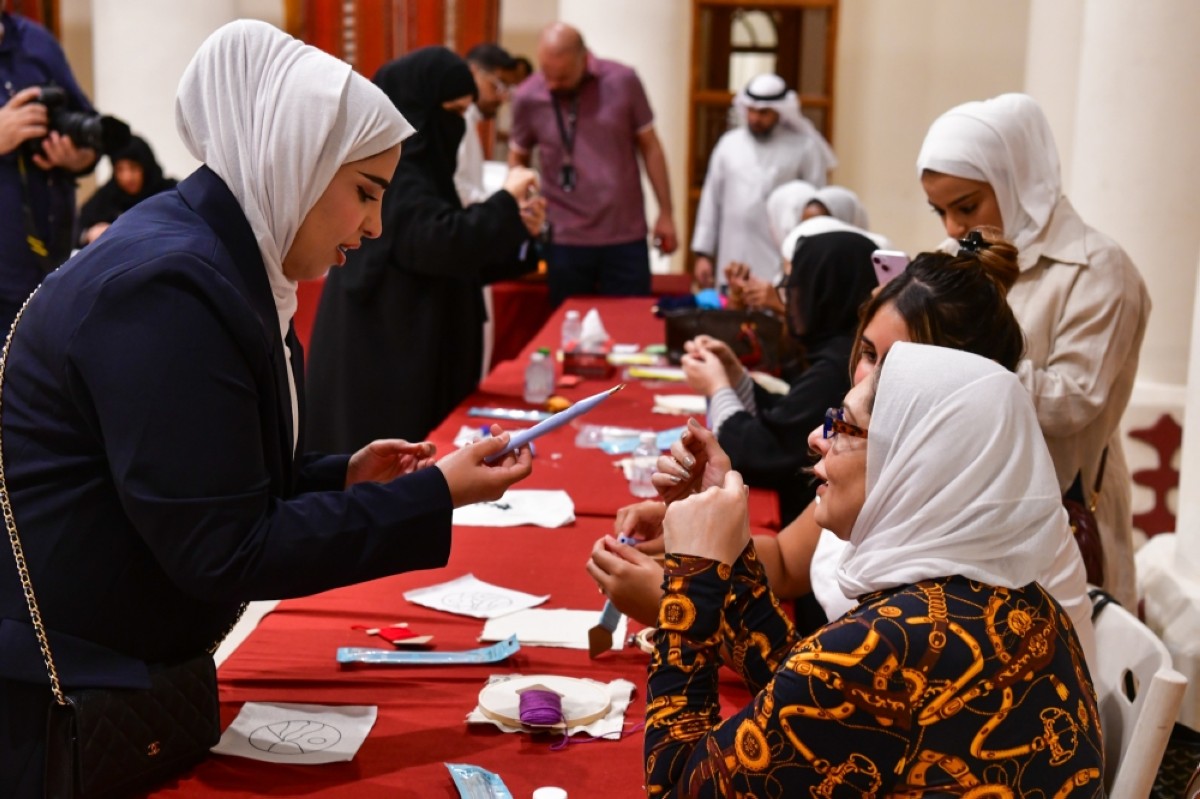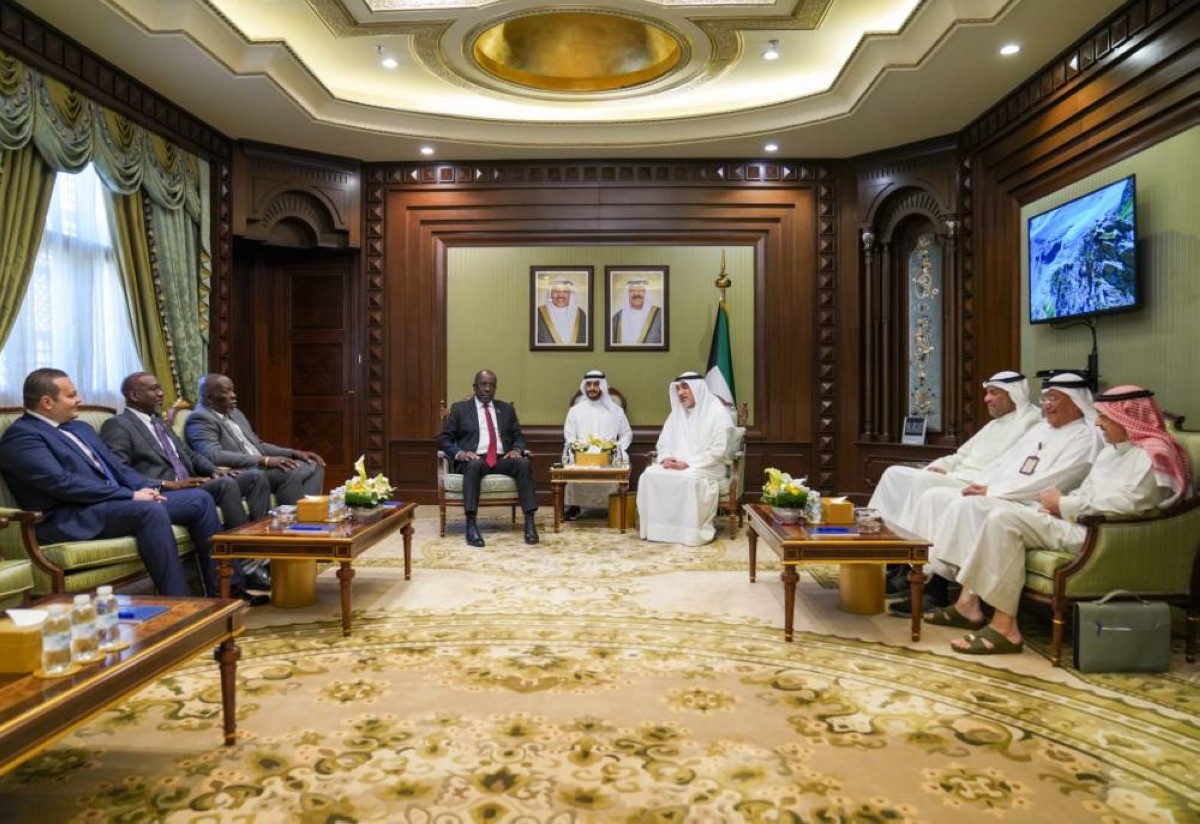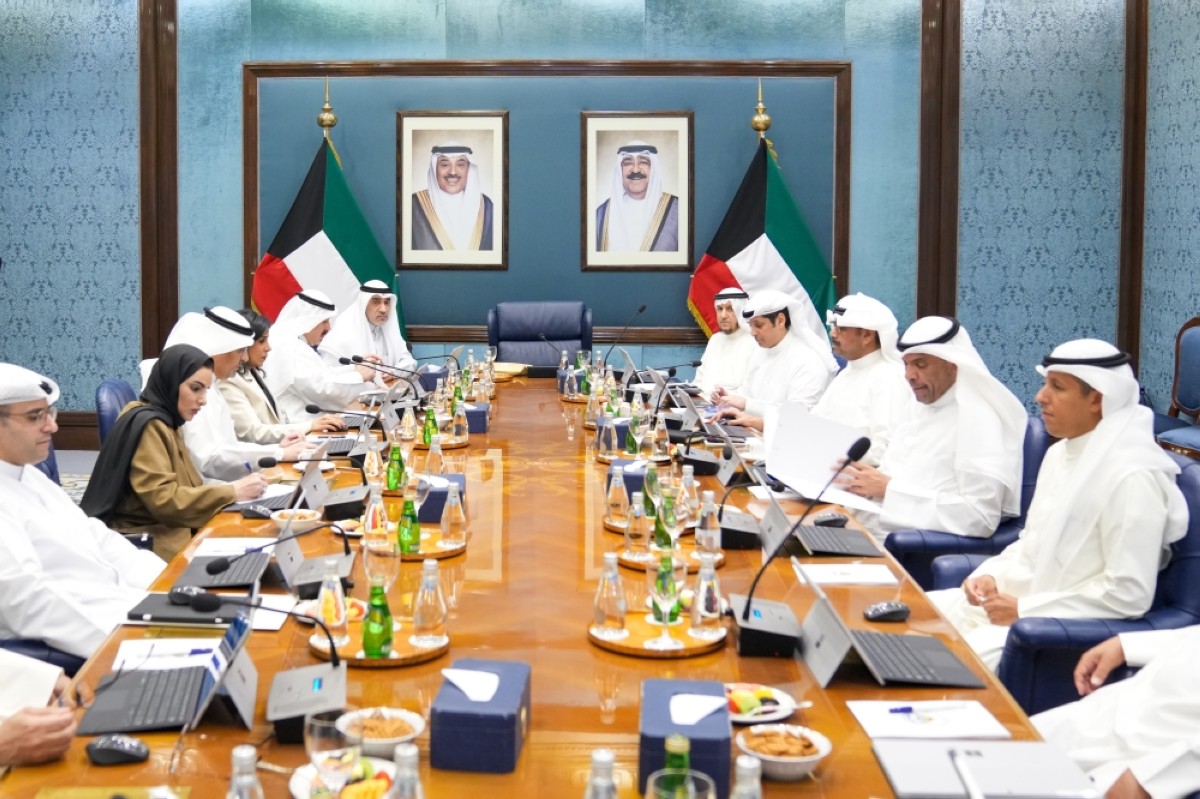KUWAIT: From July 1, 2025, expatriate workers in Kuwait’s private sector will need an exit permit from their sponsor to leave the country. The regulation aims to streamline departures and protect both employer and employee rights. Reactions to the new measure have been mixed. Speaking to Kuwait Times, employer Adel Suliman voiced support for the decision, while emphasizing the need for further system enhancements. “I hope leave types can be categorized into ‘internal’ and ‘external’. Some workers request annual leave but remain in the country, and in such cases, sponsors should not be held legally responsible,” he said, calling for a digitalized process to minimize administrative burdens on employers.
Employer Homoud Al-Ajmi also praised the move, highlighting its importance for business owners. “This is an excellent step, which many responsible employers have long awaited. We also hope the regulation will include mandatory return dates for expatriate workers, with clear consequences such as residency cancellation if they overstay without employer and ministry of interior approval. Some workers take a one-month leave and return late, which causes delays in company operations. Deducting from salaries is not enough — the sponsor should be allowed to protect his business and prevent such people from coming back to the country,” he said.
Al-Ajmi further suggested that Kuwait follow the example of other Gulf countries, where overstaying a vacation can result in a five-year entry ban. “This is vital to protect national economic interests, preserve job opportunities for citizens and reduce the financial burden on the state budget,” he added.
On the other hand, business owner Abu Ali criticized the decision, suggesting it should only apply to sensitive positions such as managers, accountants or cashiers. “Why all this hassle for regular jobs? This just adds to the daily load and stress for employers. Unfortunately, this may also give visa traders an excuse to demand more money in exchange for approving workers’ leaves,” he pointed out. He advised the minister to focus more on the issue of runaway domestic workers. “There are many labor violations and financial losses due to runaway workers. There should be a way to prevent them.”
Meanwhile, expatriate workers expressed concern that the decision could be misused by employers to exert further control. “This will give more power to the sponsor to mistreat employees. I’ve been trying to get medical leave for surgery for months, but my manager keeps refusing. This policy may worsen such cases,” Salem Oudeh warned.
One worker proposed a system where the state, rather than employers, acts as the legal sponsor of expatriate workers, handling residency renewals while companies function purely as contracting entities. “This could reduce exploitation, bribery, and unjust practices against workers,” Othman Osama said.
Mohammad Saed suggested the system be applied selectively. “Instead of applying it to everyone, there should be a feature where an employer can flag a specific employee who shouldn’t be allowed to travel without their approval. Emergencies happen, and some people need to leave immediately — especially in cases of family deaths.”
As for Ahmad Aziz, overly strict regulations could stifle economic growth and flexibility. “While the move to enforce a mandatory exit permit may help regulate the labor market and protect employers’ rights, I must emphasize that strict laws and excessive red tape hinder market growth. We all want a flourishing and flexible economy — only then will the benefits truly reach everyone: workers, employers, and the country,” he said.


 Latest News15 hours ago
Latest News15 hours ago
 Latest News14 hours ago
Latest News14 hours ago
 Business22 hours ago
Business22 hours ago
 Business21 hours ago
Business21 hours ago
 Business6 hours ago
Business6 hours ago
 Latest News20 hours ago
Latest News20 hours ago
 Latest News23 hours ago
Latest News23 hours ago
 Latest News16 hours ago
Latest News16 hours ago

















